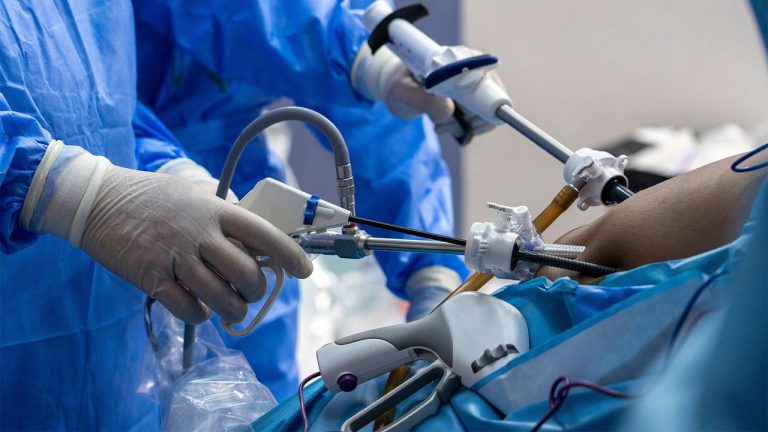Kindred Health Surgical Foundation on Monday inaugurated a surgical initiative to perform free plastic body reconstruction surgeries for 30 underprivileged Nigerians in Sokoto State.
Prof. Jacob Legbo, a Plastic and Reconstructive Surgeon from Usmanu Danfodiyo University Teaching Hospital (UDUTH), disclosed this at the medical outreach in Sokoto.
The intervention was organised by the Foundation in collaboration with an American Ear, Nose and Throat (ENT) Surgeon, Dr. Dave Shaye, under the Project Life Foundation.
A team of skilled surgeons, medical professionals, and volunteers will perform free life-saving procedures from September 8 to 12 at Noma Specialist Hospital, Sokoto.
Legbo, who is also the team leader, said the intervention focuses on providing support to indigent patients.
“We are conducting free surgeries for patients who cannot afford the expenses, and beneficiaries are from different parts of Nigeria.
“These interventions will directly alleviate the suffering of less privileged persons, including persons with disabilities facing life-threatening conditions that afflict many in our communities.
“The support also covers indigent patients under routine medications in some hospitals, all intended to provide succour to people and their families,” Legbo said.
According to him, a standard single-procedure surgery cycle costs between ₦350,000 and ₦1 million at a teaching hospital, with some patients requiring repeated surgeries.
Legbo noted that beyond the operating rooms, the initiative would also focus on patient education, post-operative care, and training of resident doctors alongside local medical professionals to ensure a sustainable healthcare system.
He explained that under the initiative, the Foundation would provide surgical equipment to some facilities as well as other needed support.
“At present, we focus on head and neck specialised surgeries for ENT, and specialised plastic and reconstructive surgeries.
“We expect to expand the scope of the exercise based on intervention grants as more vulnerable persons are being identified in society,” he added.
A cross-section of benefiting families commended the intervention, describing it as life-saving, noting that many could not afford treatment, especially in rural areas.


